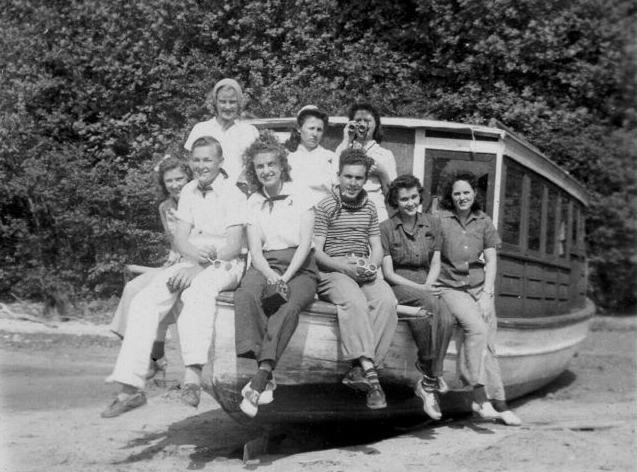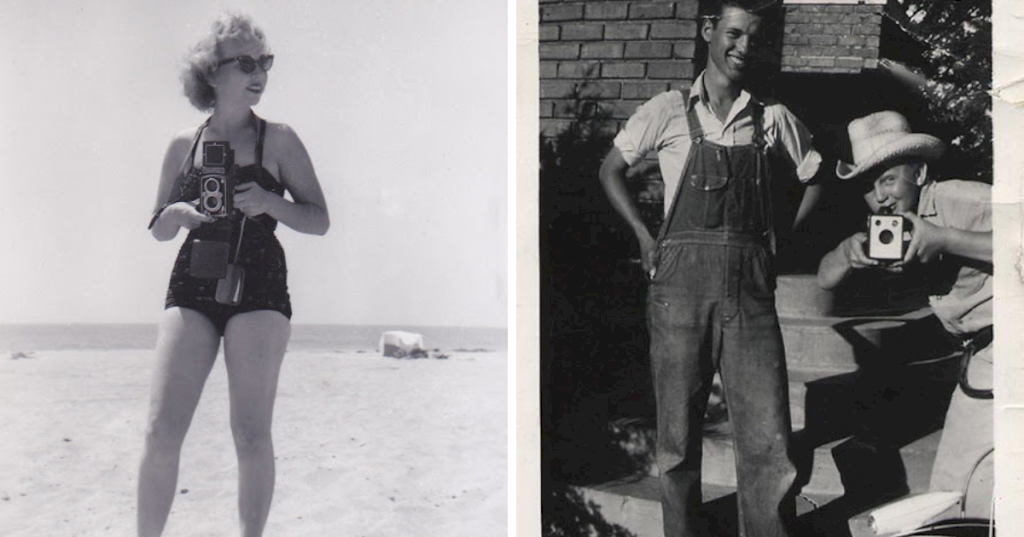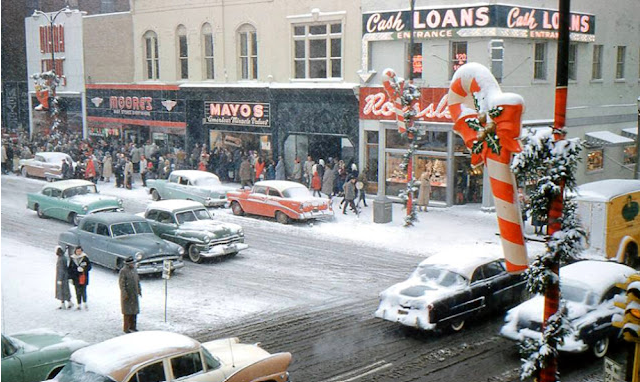The Krazy Kat Klub (or The Kat) was a Bohemian cafe, speakeasy, and nightclub that operated at No. 3 Green Court near Washington D.C.’s Thomas Circle during the early decades of the 20th century. The club was run by portraitist and theatrical scenic designer Cleon “Throck” Throckmorton and its name was borrowed from the title character of a comic strip that was popular at the time.
The Krazy Kat Klub’s entrance was in an alley that led out to Massachusetts Avenue, and during 1921 the entrance door bore a small sign reading “The Krazy Kat” along with a chalk-written warning at the top of the door that read, “All soap abandon ye who enter here.” The club included both an indoor dance floor and an outdoor courtyard for al fresco dining and art exhibitions. The courtyard featured a small tree-house, accessed by a ladder. The Club was also the site of painting classes during the 1920s. In 1919, a reporter for the Washington Post described the Krazy Kat Klub as being “something like a Greenwich Village coffee house,” featuring “gaudy pictures created by futurists and impressionists.”
 |
| Cleon Throckmorton, Katherine Mullen, and others chat over coffee and cigarettes. |
According to Throckmorton himself, the avant-garde venue “proved not only a club for artists, but a source of supply for musicians and playwrights,” and he claimed that several plays were written on its premises. Writer Victor Flambeau noted that, by 1922, “in imitation of the Krazy Kat, other bohemian restaurants sprang up in Washington to supply the demand” such as the Silver Sea Horse and Carcassonne in Georgetown. Over time, The Kat became one of the most vogue locations for Washington's intelligentsia and aesthetes to congregate.
 |
| Cleon Throckmorton and his wife Katherine Mullen relaxing with a friend |
During its tumultuous half-decade existence, The Kat was declared to be a “disorderly house” by municipal authorities and was raided by the metropolitan police on several occasions during the Prohibition period. One particular raid in February 1919 reportedly interrupted a violent brawl inside the club, during which a shot was fired. The surprise raid resulted in the arrests of 25 krazy kats—22 men and 3 women—described in a Washington Post report of February 22nd as “self-styled artists, poets and actors.” The article specifically noted that several arrested patrons “worked for the [federal] government by day and masqueraded as Bohemians by night.”
 |
| A model, presumably Katherine Mullen, poses for Cleon. |
The club presumably closed at some time prior to 1928 when Throckmorton relocated to Hoboken, New Jersey. During this same period, Throckmorton divorced his first wife (and model) Katherine Mullen and subsequently married screen actress Juliet Brenon, the niece of Irish-American motion picture auteur Herbert Brenon who directed the first cinematic adaptation of The Great Gatsby (1926). Throckmorton would later become one of the most prolific scenic designers for Broadway plays, and his Greenwich Village apartment that he shared with Juliet Brenon would become an after-hours salon for thespians, artists, and intellectuals such as Noël Coward, Norman Bel Geddes, Eugene O’Neill and E.E. Cummings. Their politically leftward salon would notably raise funds for the Republican faction during the Spanish Civil War.
 |
| A waiter ascends a ladder to serve patrons in the club’s tree-house. |
 |
| Cleon, Katherine, and others arrive at the back-alley entrance of The Kat. |
 |
| Another angle of guests arriving at the entrance of The Krazy Kat Klub. |



